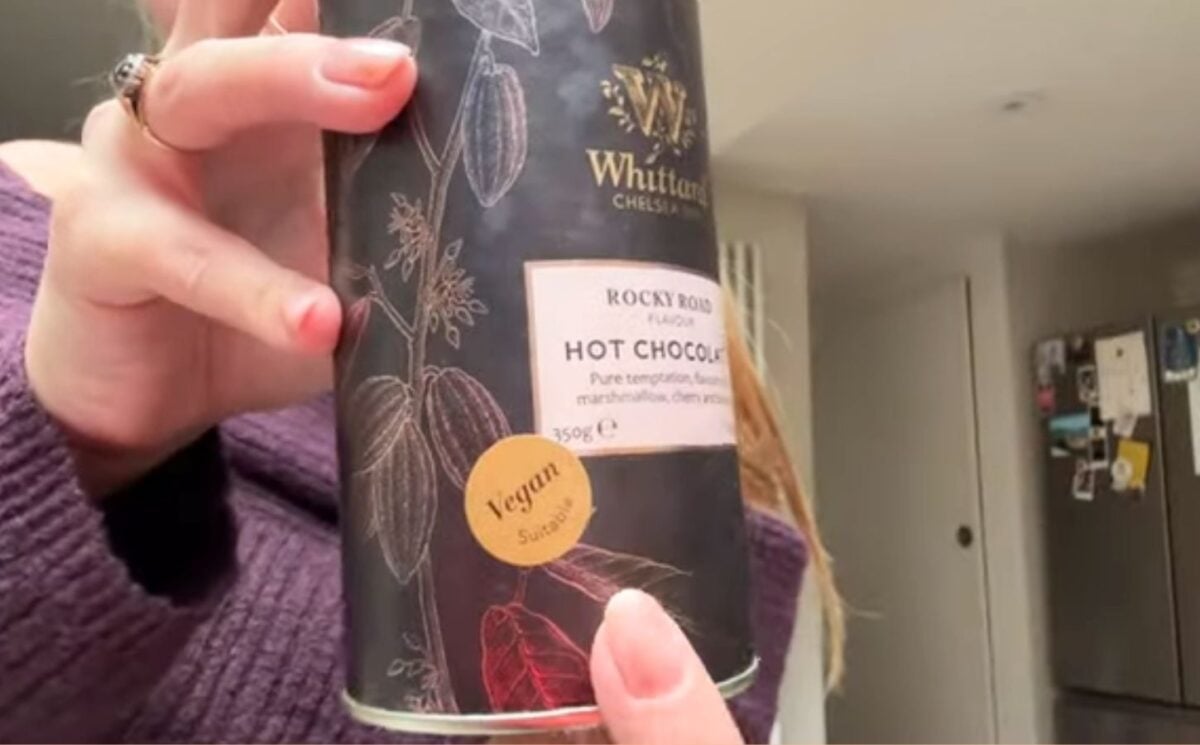From vegoutmag.com
By Avery White
Switching to plants changes more than your plate—it rewires how you shop, snack, and show up in social settings
Ever notice how some experiences only click after you’re in the middle of them? Switching to a vegan lifestyle is one of those shifts.
I went in thinking mostly about animal welfare, yet within weeks I was puzzling over changes in my taste buds, my grocery budget, even my social life.
Those “aha” moments kept piling up, each rewriting a tiny piece of how I relate to food, culture, and my own body.
Curious what actually changes once the plant-based train leaves the station?
Below are eight lessons that only seem obvious after you’ve made the leap—and each one comes with a practical nudge so you can sidestep the rookie potholes and keep the ride smooth.
1. Your palate is far more flexible than you thought
“Taste buds are adaptable little fellas,” nutrition expert Dr. David Katz jokes, “when they can’t be with foods they love, they learn to love the foods they’re with."
Give it two to three weeks and the kale that once tasted like lawn clippings starts whispering sweet nothings. The science is simple: receptors for salt, sugar, and fat down-regulate when those stimuli drop, making subtler flavours pop.
Action step? Taper—not nuke—salt and added sugar. You’ll stay motivated long enough for your biology to catch up.
2. Grocery trips morph into scavenger hunts—then routines
The first plant-based shopping run feels like decoding a secret map.
Five trips later you glide past the dairy aisle because you already know which oat-milk brand steams best for lattes and which frozen edamame costs half as much when you buy the bulk bag.
I keep a running list on my phone of “wins” (nutritional yeast by the kilo, hello) and rotate stores monthly to restock.
Treat the learning curve like an adventure: you’ll build a personalized supply chain that makes weekday meals faster, cheaper, and less wasteful.
3. Social meals trigger hidden psychology
Ever been teased with “Come on, one bite won’t hurt”?
Social psychologist Dr. Melanie Joy captures the dynamic: “How we feel about an animal and how we treat it has much less to do with the animal than with our perception of it.”
People often defend shared habits because they symbolize belonging. Instead of debating ethics over appetizers, I re-route the focus: “I’m here for the company—tell me about your new project.”
It preserves connection while normalizing your plate as just one personal choice at the table.
4. Planning beats willpower—especially for protein
Contrary to myth, plants aren’t protein ghosts.
The Academy of Nutrition and Dietetics states that well-planned vegan diets are “healthful, nutritionally adequate, and may provide benefits in preventing and treating disease.”
Translation: as long as you stock daily sources—beans, lentils, tofu, tempeh, seitan, nuts—you’re covered. My shortcut is prepping a double batch of lentil-walnut taco “meat” every Sunday.
Half goes into jars for salads; half hits the freezer for emergency dinners. It’s easier to open a jar than to open a delivery app.
5. Labels teach miniature lessons in critical thinking
Scan a package of cookies and you’ll see “vegan” in bold—right next to 20 g of added sugar.
Plant-based doesn’t equal healthful by default. I read front labels for quick filters (dairy-free, egg-free), then flip to the back where the truth lives.
Aiming for mostly whole-food ingredients keeps me honest and prevents the processed-food pothole that derails many beginners.
6. Energy levels shift—but timing matters
Week one you might feel lighter; week two a little sluggish as your microbiome recalibrates to extra fibre.
Around the one-month mark many people report steady energy and fewer afternoon crashes.
I track sleep and mood in a simple spreadsheet so I can match dietary tweaks (like adding B-12 or iron-rich greens) with how I feel.
Data beats guesswork, and noticing upward trends fuels motivation.
7. Compassion spills into unexpected corners of life
The longer I stay vegan, the more I catch myself extending patience—toward co-workers, stray cats, even my own inner critic.
Psychologists call this moral consistency: aligning values across domains once a big value shift locks in.
A practical move?
Volunteer at an animal-rescue event or plant a pollinator-friendly herb bed. Reinforcing compassion through action cements that wider mindset.
8. The conversation never ends—and that’s a good thing
Friends will ping you for recipe tips, parents will worry about calcium, and someone at a barbecue will quiz you on quinoa protein math.
Each chat sharpens your knowledge or reveals a gap to research. I keep a running “FAQ” note on my phone: favourite documentary links, beginner cookbooks, quick stats on land use.
Sharing from a place of curiosity rather than superiority keeps relationships warm and the dialogue evolving.
Conclusion
Going vegan isn’t a finish line; it’s a collection of pivots that keep unfolding—from taste buds recalibrating to deeper empathy sneaking into daily choices.
If you’re new to the fold, remember that adaptation is wired into your biology and your psychology: flavours adjust, habits settle, and social circles learn to meet you halfway.
Bank on planning over sheer resolve—batch-cook proteins, jot quick comeback lines, stock that emergency dark-chocolate bar.
And if you’re already a seasoned plant-lover, maybe one of these eight reminders nudged you to level-up: track energy, volunteer locally, or finally master homemade seitan.
The takeaway is simple: change rewards consistency more than perfection.
So lean into the small wins—today’s satisfying lunch, tomorrow’s confident reply, next month’s grocery bill that’s mysteriously lower.
Stack enough of those victories and you’ll look back wondering how something that once felt radical became your new normal.
https://vegoutmag.com/food-and-drink/ain-8-things-you-only-understand-once-you-go-vegan/








